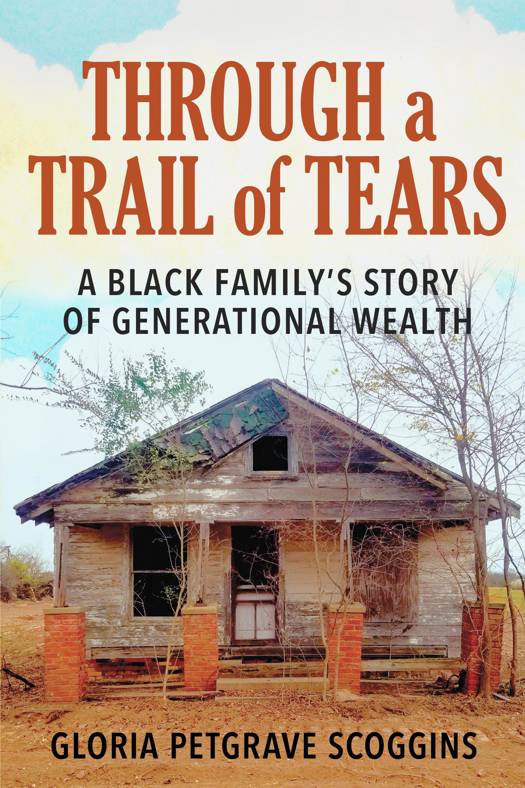
- Retrait gratuit dans votre magasin Club
- 7.000.000 titres dans notre catalogue
- Payer en toute sécurité
- Toujours un magasin près de chez vous
- Retrait gratuit dans votre magasin Club
- 7.000.0000 titres dans notre catalogue
- Payer en toute sécurité
- Toujours un magasin près de chez vous
Through a Trail of Tears: A Black Family's Story of Generational Wealth EBOOK
Gloria Petgrave ScogginsDescription
The United States and the world are inundated with social media, books, magazines and televised media about the plight of African American families and communities, and their quest for universal freedom. The fight for Black freedom and dignity has its roots in the race riots of Oklahoma, the Timothy McVeigh bombing, and the many other atrocities that have been, and continue to be, leveled against African Americans, Native Americans and other citizens of color in the United States.
In the context of the global struggle of Black or Brown skin women, there have been many women who fought against the white supremacist system and who have not been included in the historical narratives. Simply put, Ermestine's courage and perseverance in fighting the real estate industry laid the foundation upon which obtaining property wealth and housing were improved. She refused to be caged by the chains of society and rejected being a prisoner like a crab in a fish tank being clawed over and pushed back. She was a hard hitter in a city that refused to allow Blacks housing opportunities beyond the boundaries imposed upon them. She fought for Black women in particular, promoting opportunities to achieve their full potential.
Before my mother's diagnosis of Alzheimer's Disease in 2015, Ermestine Martin had built a sizable fortune for her family, while constantly supporting her community through educational advocacy and preaching about the need to acquire and hold on to property as a means of self-determination for both present and future generations.
Alzheimer's was the final game-changer for my mother, as she lost the ability to reason, and could no longer navigate day-to-day living without help.
She is still a talker, though! Those battles she encountered years ago are still fresh in her mind. And her stories are unfiltered anger. The prevalence of discrimination in mortgage lending, and the race-based system of justice, still loom large in those stories. The government has only taken baby steps toward addressing the concept of reparations. Descendants of enslaved black people persistently deal with wealth gaps, and Jim Crow treatment, even today.
Spécifications
Parties prenantes
- Auteur(s) :
- Editeur:
Contenu
- Langue:
- Anglais
Caractéristiques
- EAN:
- 9798985693010
- Date de parution :
- 24-03-22
- Format:
- Ebook
- Protection digitale:
- /
- Format numérique:
- ePub

Les avis
Nous publions uniquement les avis qui respectent les conditions requises. Consultez nos conditions pour les avis.






